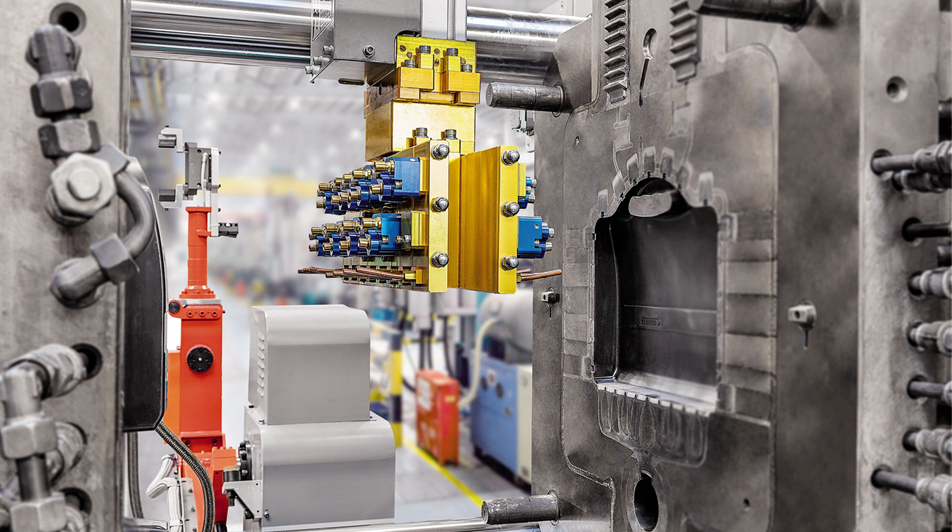Magnesium is a lightweight metal with many desirable qualities that make it an attractive material for casting processes. It is highly flammable and reactive, which makes it challenging to work with, but it also has excellent strength-to-weight ratio, thermal conductivity, and corrosion resistance, among other properties. In this article, we will explore the advantages and challenges of using magnesium in casting processes.
Advantages of Casting Magnesium
One of the most significant advantages of casting magnesium is its lightweight nature. Magnesium has a density of 1.74 g/cm³, which is 30% less than aluminum and 75% less than steel. This makes it an ideal choice for applications where weight reduction is critical, such as in the automotive and aerospace industries. Magnesium is also more environmentally friendly than other metals because of its lower material usage. This means less waste and lower energy consumption during the manufacturing process.
Another advantage of casting magnesium is its excellent strength-to-weight ratio. Magnesium has a high strength-to-weight ratio, which means that it can withstand significant loads without adding unnecessary weight to the application. This makes it an ideal material for parts that need to be light and strong, such as engine components, suspension systems, and transmission cases.
Magnesium is also highly compatible with other materials, making it ideal for composite materials. It has excellent thermal conductivity, which means that it can transfer heat quickly and efficiently. This makes it an ideal material for heat sinks, engine blocks, and other applications that require efficient heat transfer.
Challenges of Casting Magnesium
Despite its many advantages, casting magnesium also poses some significant challenges. Magnesium is highly flammable and reactive, which makes it challenging to work with. It requires specialized equipment and safety precautions to prevent fires and explosions. Casting magnesium also requires careful temperature control because it has a low melting point and can easily oxidize, which can compromise the quality of the final product.
Magnesium is also prone to corrosion, especially in saltwater environments. It can corrode quickly and form a white powdery substance on its surface. This can make it challenging to use magnesium in marine and other corrosive environments. However, there are specialized coatings and treatments available to mitigate these issues.

Another challenge of casting magnesium is its cost. Magnesium is more expensive than other materials, such as aluminum and steel. This can make it challenging to justify its use in certain applications, especially when cost is a significant factor.
Conclusion
Casting magnesium has many advantages, including its lightweight nature, excellent strength-to-weight ratio, and thermal conductivity. However, it also poses significant challenges, such as its flammability, reactivity, and susceptibility to corrosion. Despite these challenges, magnesium remains a popular choice for casting processes, especially in applications where weight reduction is critical. With proper safety precautions and temperature control, magnesium can be a reliable and high-performing material for a wide range of applications.
-

- Magnesium alloy die-casting electric vehicle mid-mounted motor housing
-

- Electric Bicycle Magnesium Alloy 12 inch Integrated Wheel 36v10ah Electric Moped
-

- Magnesium thixomolding parts UAV housing
-

- Popular Children’s Sports Bicycle High Quality Children’s Balance Bike Children’s Bicycle
-

- Magnesium alloy thixomolding die-casting UAV parts C
-

- OEM die casting service metal components of macbook middle

 0086-750-5616188
0086-750-5616188 +86 13392089688
+86 13392089688 sales@zhongmei-tech.com
sales@zhongmei-tech.com







